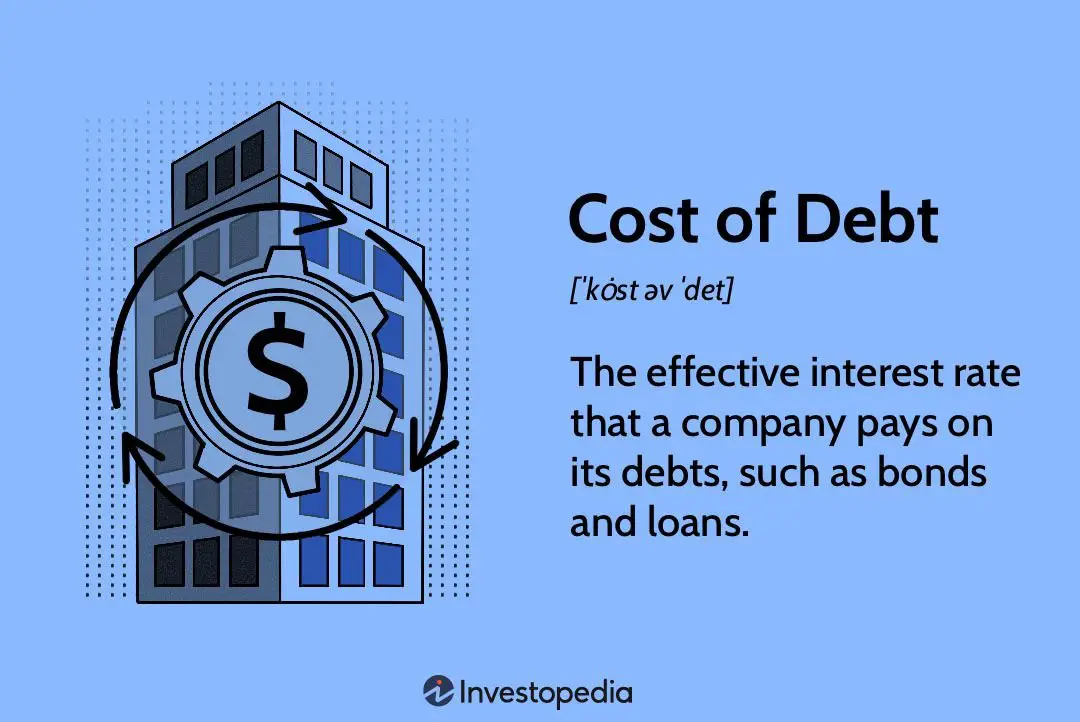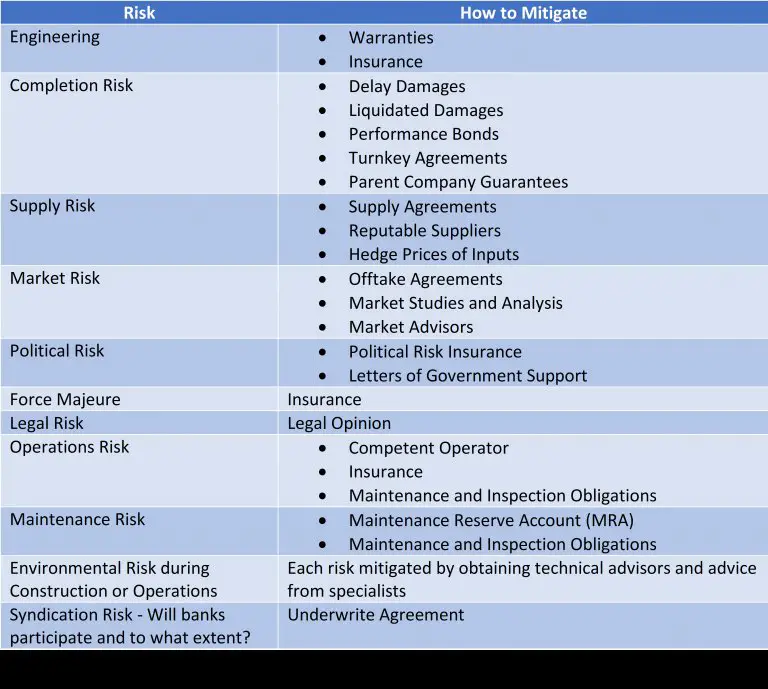Looking to take a sabbatical but not sure how to financially prepare for it? Don’t worry, we’ve got you covered. In this article, we’ll share practical tips and strategies on how to financially navigate your time off without breaking the bank. From budgeting and saving techniques to alternative income sources and smart investment decisions, we’ll help you create a solid financial plan for your sabbatical. So whether you’re dreaming of an adventure-packed travel experience or simply seeking some time for personal growth and self-reflection, read on to find out how to financially prepare for a sabbatical.
How to Financially Prepare for a Sabbatical
Embarking on a sabbatical is an exciting adventure. It allows you to take a break from your daily routine, explore new opportunities, and recharge. However, before you embark on this journey, it’s crucial to ensure that you are financially prepared. In this guide, we will explore various strategies and steps to help you financially prepare for a sabbatical so that your time away can be worry-free and fulfilling.
1. Determine the Length of Your Sabbatical
The first step in financially preparing for a sabbatical is to determine its duration. Whether it’s a few months or a year-long break, understanding the length of your time off will help you estimate the expenses and budget accordingly.
2. Calculate Your Expenses
To effectively plan your finances, it’s essential to calculate your expected expenses during the sabbatical. Consider the following categories:
- Living Expenses: Determine the cost of accommodation, food, utilities, transportation, and any other daily expenses you anticipate during your time off.
- Healthcare Costs: Evaluate your healthcare needs and account for expenses such as insurance premiums, prescriptions, and potential medical emergencies.
- Travel Expenses: If your sabbatical involves travel, estimate the costs of transportation, accommodation, meals, visas, and any other travel-related expenses.
- Recreation and Leisure: Factor in the cost of any recreational activities or hobbies you plan to pursue during your sabbatical.
- Debt and Financial Obligations: Assess any existing loans, credit card debt, or other financial obligations that require monthly payments.
3. Create a Budget
Once you have an estimate of your expenses, it’s time to create a comprehensive budget. A well-thought-out budget will help you manage your finances more effectively during your sabbatical. Follow these steps to create a budget:
- Track Your Current Expenses: Review your current spending habits to identify areas where you can cut back and save money.
- Allocate Funds: Assign specific amounts to each category, taking into consideration your calculated expenses.
- Save for Your Sabbatical: Determine how much money you need to save each month to reach your sabbatical savings goal.
- Consider Additional Income Sources: Explore ways to generate extra income, such as freelance work, part-time jobs, or selling unused items.
- Review and Adjust: Regularly assess your budget and make adjustments as needed to stay on track.
4. Build an Emergency Fund
Unexpected expenses can arise at any time, so having an emergency fund is crucial. Aim to save at least three to six months’ worth of living expenses before your sabbatical. This fund will serve as a safety net and provide peace of mind in case of unforeseen circumstances.
5. Reduce or Eliminate Debt
Carrying debt can be a burden during your sabbatical. Prioritize paying off high-interest debts, such as credit card balances or personal loans, before you embark on your time off. Reducing or eliminating debt not only lightens your financial load but also allows you to focus on enjoying your sabbatical without the stress of outstanding payments.
6. Research and Plan for Income Generation
While a sabbatical is typically a break from work, it doesn’t mean you can’t generate income during this time. Research potential income-generating opportunities, such as freelance work, consulting, or renting out property. Having a plan to sustain your finances while on sabbatical will provide you with more flexibility and peace of mind.
7. Explore Health Insurance Options
If you rely on employer-provided health insurance, make sure to understand the coverage details during your sabbatical period. In some cases, you may need to explore alternative options such as COBRA coverage, private insurance plans, or international traveler’s insurance, depending on your destination. Research and choose the best insurance option that meets your needs and provides adequate coverage.
8. Automate Savings and Bill Payments
To ensure that you stay on track with your financial goals, consider automating your savings and bill payments. Set up automatic transfers to your savings account and schedule automatic payments for your bills. By automating these processes, you’ll avoid any chance of missing payments or forgetting to save, contributing to a more seamless financial journey.
9. Review and Adjust Regularly
Financial planning is not a one-time task but an ongoing process. Regularly review your budget, expenses, and savings progress. Make adjustments as necessary to stay aligned with your goals and adapt to any changes in circumstances.
10. Seek Professional Financial Advice
If you’re unsure about managing your finances during your sabbatical, consider consulting with a financial advisor. They can provide expert guidance tailored to your unique situation and help you make informed decisions to ensure your financial stability throughout your time off.
In conclusion, financially preparing for a sabbatical is essential to ensure a stress-free break. By determining the length of your sabbatical, calculating your expenses, creating a budget, building an emergency fund, reducing debt, exploring income generation, researching health insurance options, automating savings and bill payments, and regularly reviewing and adjusting your plan, you’ll be well-prepared to embark on a fulfilling sabbatical adventure. Remember, careful financial planning will maximize your enjoyment and minimize any financial uncertainties along the way.
Planning a Personal Sabbatical? Avoid these 3 Pitfalls
Frequently Asked Questions
Frequently Asked Questions (FAQs)
How can I financially prepare for a sabbatical?
Financial preparation for a sabbatical can seem daunting, but with careful planning and budgeting, it can be manageable. Here are some steps to help you financially prepare:
What should I consider when setting a sabbatical budget?
When setting a sabbatical budget, consider your expenses during the time off, such as travel, accommodation, health insurance, and daily living costs. Also, account for any ongoing financial commitments back home, like mortgage or loan payments.
Should I save money before going on a sabbatical?
Yes, saving money before going on a sabbatical is highly recommended. Having a financial safety net will provide peace of mind during your time off and help cover unexpected expenses that may arise.
How much should I save for a sabbatical?
The amount you should save for a sabbatical depends on various factors, including the duration of your time off, your desired lifestyle while on sabbatical, and any financial obligations back home. It’s important to assess your personal circumstances and create a savings goal that is realistic and achievable.
What steps can I take to reduce expenses during my sabbatical?
Reducing expenses during your sabbatical can help stretch your savings further. Consider strategies like traveling to more affordable destinations, staying in budget accommodations, cooking your own meals, and seeking out free or low-cost activities and attractions.
Are there any sources of income I can explore during my sabbatical?
Yes, there are several potential sources of income you can explore during your sabbatical. These may include freelance work, online gigs, part-time jobs in your destination, or even renting out your property back home. Research and plan ahead to identify income-generating opportunities that align with your skills and goals.
Should I inform my employer about my plans for a sabbatical?
It’s generally advisable to inform your employer about your plans for a sabbatical well in advance. This allows both parties to discuss the logistics, such as the duration of your sabbatical, any potential job security upon your return, and any necessary paperwork or agreements.
What financial considerations should I keep in mind before taking a sabbatical?
Before taking a sabbatical, it’s essential to consider factors such as health insurance coverage abroad, tax implications, managing existing debts and financial obligations, and having a strategy for reintegration into the workforce upon your return. Consulting with a financial advisor can provide valuable guidance tailored to your specific situation.
Final Thoughts
Financial preparation is key when planning for a sabbatical. Begin by setting a clear goal and creating a budget that accounts for expenses during this period. Reduce unnecessary spending and save a portion of your income each month. Explore additional income streams or part-time work to supplement your savings. Research and apply for any applicable grants or fellowships to support your sabbatical financially. Consider adjusting your lifestyle to minimize expenses and maximize savings. Educate yourself on investment options to potentially grow your money. By following these steps, you can ensure a solid financial foundation for your sabbatical journey.



